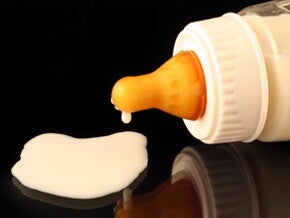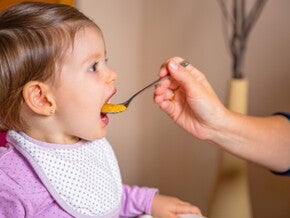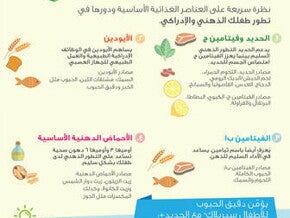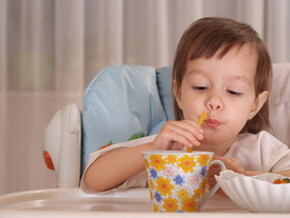
Child Protein Deficiency
Lack Of Protein: The Consequences
IMPORTANT NOTICE: The World Health Organization (WHO) recommends exclusive breastfeeding for the first 6 months and continued breastfeeding for as long as possible. Growing up milks are formulated to meet nutrition needs of healthy young children older than 1 year and should not be fed to infants.
Protein is a vital and essential part of a healthy diet for children who are still growing and developing, being an important source of energy.
Moreover, children’s tiny bodies need protein to be able to manufacture their own proteins, maintain their strength, stimulate the growth of their muscles and tissues, provide their organs with oxygen and protect themselves from infections.
If your toddler’s body isn’t absorbing or receiving its daily need of protein being 13g for one reason or another, including: malnutrition, being affected with a serious disease such as pneumonia or a chronic uncontrollable disease like heart disease or undergoing recurrent surgeries, he shall reveal signs of fatigue, lethargy and low energy and shall be more exposed to infections, muscle weakness and unjustified weight loss.
In this case known as Protein Energy Malnutrition or PME, your child’s body will have recourse to its protein reserve to charge itself with energy, the result being: acute hypoproteinia, and in the worst cases: Marasmus and Kwashiorkor.
Concerning Marasmus, it stems from a severe protein and calories deficiency. It is widespread among infants causing dehydration and huge weight loss.
As for Kwashiorkor, it is generated from a severe protein deficiency and affects children at an advanced age than the Marasmus.
At the end, allow us to reiterate that Marasmus and Kwashiorkor sum up the advanced complications of protein deficiency. However, it is highly possible to avoid them through early diagnosis and appropriate treatment focusing broadly on giving the child the sufficient amount of calories and customizing him to a diversified and balanced diet rich in fruits, vegetables, whole grain products, nuts, meats and dairies.
Read More: The Very Real Risks Of Consuming Too Much Protein




















